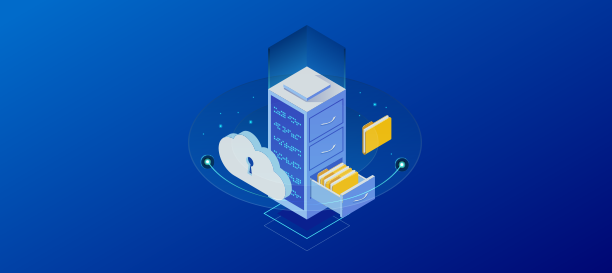
Your employee quit your organization. Make sure your data hasn’t
When someone new joins your organization, how do you manage their onboarding? Chances are, you already have processes in place for everything. The employee paperwork is taken care of by the HR, the on-floor assistance and other training is probably provided by a senior team member or the training and development team, and your IT team or MSP handles their IT/computer setup. But, what happens when they are leaving the organization. Is your off-boarding process just as meticulous?Businesses pay a lot of attention to data safety and security when employees are handling their data, but often overlook the same when it comes to outgoing employees. But, outgoing employees can be a threat to your organization’s data security.You never know when a disgruntled employee may actually go out of their way to intentionally harm your business by stealing (and later misusing or selling) or destroying your data. Even if an employee is parting ways with your company on good terms, and you trust them, there’s still a need to ensure your data security is not compromised at the time of their off-boarding. Some ways to do this are
- Revoke access to any company accounts that the outgoing employee may have. This includes email addresses, applications and software used for work purposes, server, shared drives/folders etc. You can revoke access, restrict access to their user ID or delete their account.
- Change any shared passwords
- Inform vendors and other organizations that they have been dealing with on your company’s behalf, that they will no longer be working with you, so they shouldn’t be entertaining any requests for data or access, and also let them know of the person who will be taking over their role
- Take charge of their computer and other devices and perform an audit to ensure there has been no unauthorized data sharing or transfer
- Ensure they are not leaving the premises with any hardware such as pen drives that may contain sensitive information
- Monitor your IT network for any unusual activity



